India-Latin America Engagements, December 2013
In 'India-Latin America Engagements', the Latin America Desk at Gateway House presents a selection of news of India’s engagement with the region during the previous month
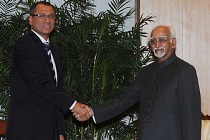 Courtesy: Ministry of External Affairs, India
Courtesy: Ministry of External Affairs, India
In 'India-Latin America Engagements', the Latin America Desk at Gateway House presents a selection of news of India’s engagement with the region during the previous month
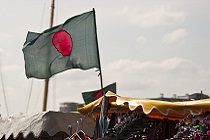 Courtesy: Mostaque Chowdhury/Flickr
Courtesy: Mostaque Chowdhury/Flickr
Come January, Bangladesh will elect its next prime minister. Although it has emerged as a significant player in the region, India and the U.S. are yet to develop a synergy in their policies towards this important nation – even as the deeper struggle for influence and resources in Asia continues
 Courtesy: danxoneil / Flickr
Courtesy: danxoneil / Flickr
Across the globe, governments trying to control the internet are violating the privacy and rights of internet users. China’s censorship model is limited to its borders, the U.S.’ surveillance affects everyone internationally. A multilaterally-acceptable mandate for cyber governance is now an imperative.
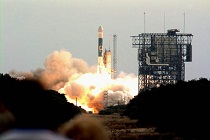 Courtesy: NASA/Wikimedia Commons
Courtesy: NASA/Wikimedia Commons
At a time when China has invested substantially in its space projects and Russia is invigorating its space exploration, India too must develop a strategically-designed programme. The successful launch of the Mars Orbiter Mission should give New Delhi enough reason to increase India’s space footprint
 Courtesy: Ministério da Saúde/Flickr
Courtesy: Ministério da Saúde/Flickr
After revelations that the U.S.’s NSA spied on her, Brazilian President Dilma Rousseff has ordered a series of measures to ensure online independence and called for an equitable global internet infrastructure. India can follow Brazil’s lead and make its communication systems less vulnerable
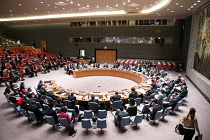 Courtesy: United Nations
Courtesy: United Nations
The recent UNSC Resolution, which mandates the complete destruction of Syria’s chemical weapons, demonstrates that after more than a year, a degree of international agreement on the Syrian issue has been possible. In the evolving situation, Russia will now emerge as a major player
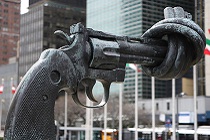 Courtesy: United Nations ESCAP
Courtesy: United Nations ESCAP
Rajni Bakshi, Senior Gandhi Peace Fellow, Gateway House, delivered a lecture at the ‘International Day of Non-Violence’ at the UN Convention Centre in Thailand, on October 2. In her lecture, she spoke about the significance and the greater potential of non-violent means in achieving the goals of today’s world.
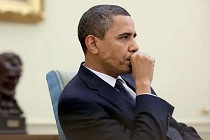 Courtesy: Systemman/WikimediaCommons
Courtesy: Systemman/WikimediaCommons
Twelve years since the Taliban attacked the country, U.S. President Barack Obama is preparing for yet another war with a country in West Asia, for breaching a ‘red line’ he had drawn. However, the red line he needs to draw is about where the moral fiber of his presidency lies in the waning months of his tenure.
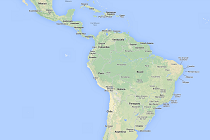 Courtesy:
Courtesy:
In 'Latin America Update' Gateway House lists some of the important events in Latin America over the past month
 Courtesy: UK Ministry of Defence/Flickr
Courtesy: UK Ministry of Defence/Flickr
The war on terror and the global financial crisis have tilted the balance of authority on the side of the state, which the liberating forces of cyber space have only partially counteracted. Can the forces of liberalisation prevail over the forces of incipient oppression?